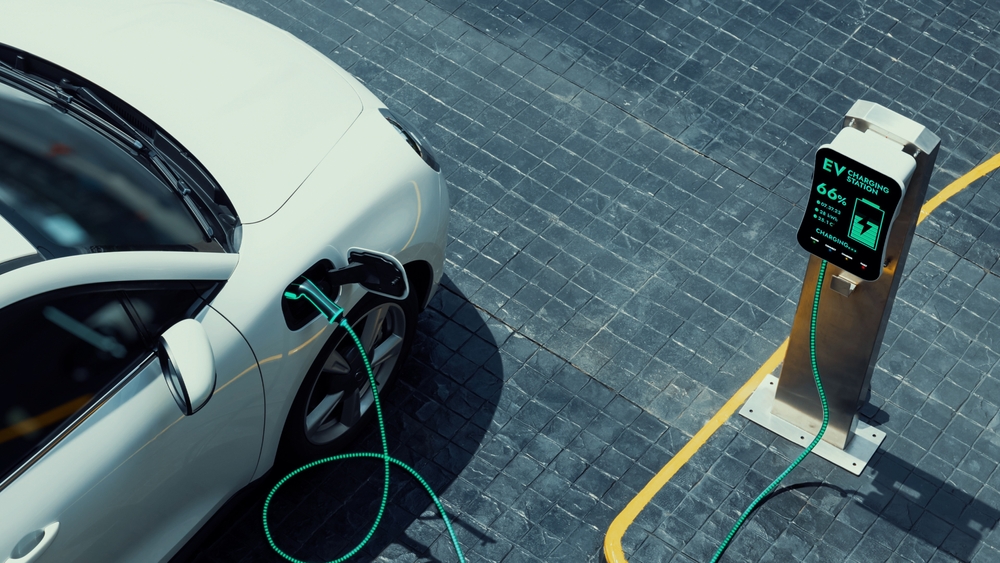Pakistan is taking a significant step toward revolutionizing its transportation sector with a $350 million investment from a prominent Chinese company to establish up to 3,000 Electric Vehicle (EV) charging stations across the country.
This initiative, spearheaded by the government and Malik Khuda Bakhsh, Convenor of the FPCCI Energy Standing Committee, aims to accelerate EV adoption, reduce fuel imports, and reduce environmental pollution.
A Game-Changing Collaboration
The agreement, signed at the Federation of Pakistan Chambers of Commerce and Industry (FPCCI) headquarters in Karachi, involves the deployment of EV charging stations along the motorway from Peshawar to Karachi.
The initial $90 million investment will establish the infrastructure, while an additional $250 million in February 2025 will focus on EV manufacturing. This marks a pivotal moment for Pakistan, as the transition to electric transportation promises not only environmental benefits but also substantial savings in foreign exchange reserves.
PIDE’s Step for EV Adoption
The Pakistan Institute of Development Economics (PIDE) has bolstered these efforts with its ambitious recommendations under the Future on Wheels framework.
PIDE proposes that by 2030, 10% of all new 4-wheelers and 25% of new 2/3-wheelers should be electric. By 2040, these targets would rise to 50% and 75%, respectively. To achieve this, the framework outlines key policy recommendations:
Lowering Customs Duties: Reduce import taxes on EV components to boost local production and exports.
Boosting Exports: Ensure that by 2030, 10% of EVs and 5% of auto parts produced in Pakistan are exported, with an eye on achieving 50% exports by 2040.
Encouraging Joint Ventures: Promote collaborations between local and international firms for technology transfer and investment.
By fostering competition through foreign investment, setting strict safety and environmental regulations, and incentivizing local innovation, Pakistan can bridge the gap between price and value in its auto market. Collaborative efforts like the Chinese investment in EV charging stations could also catalyze broader improvements in infrastructure and consumer trust.






